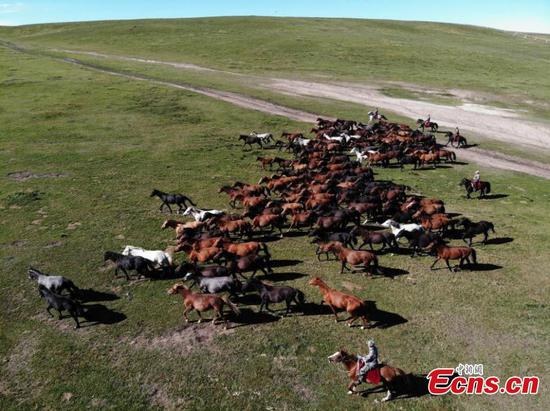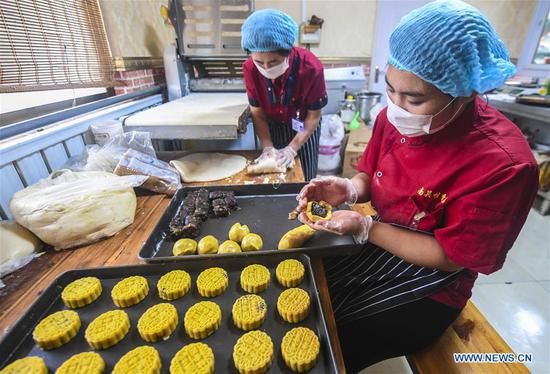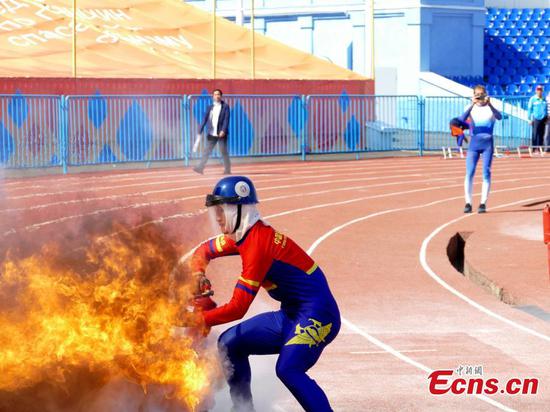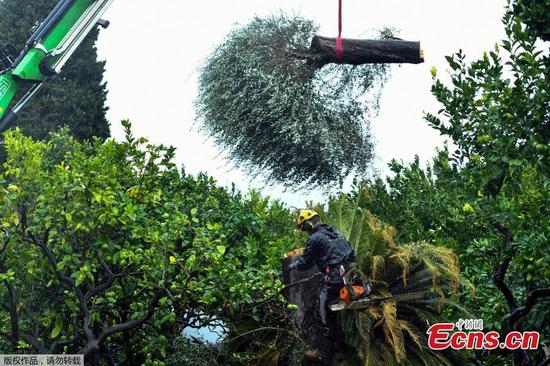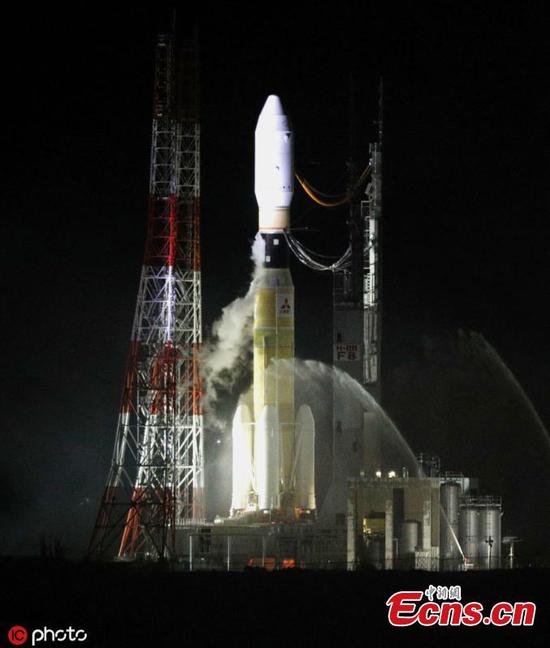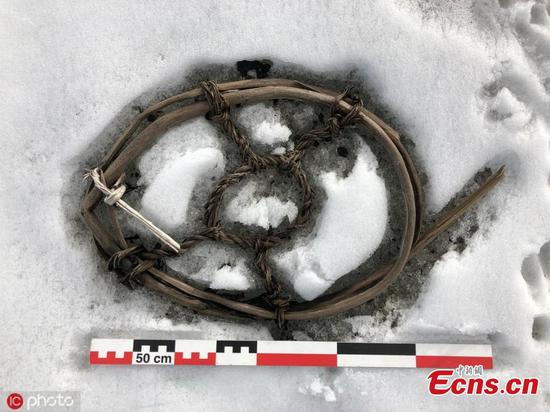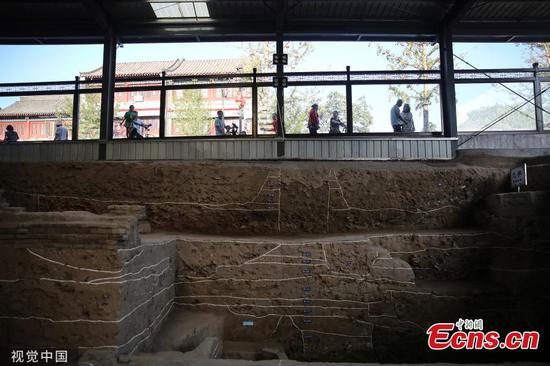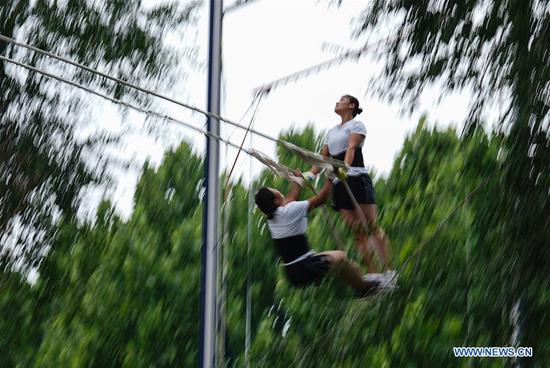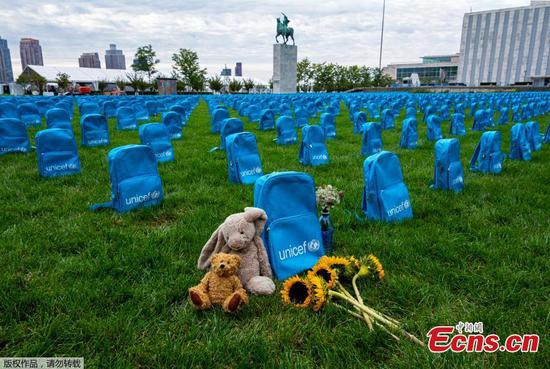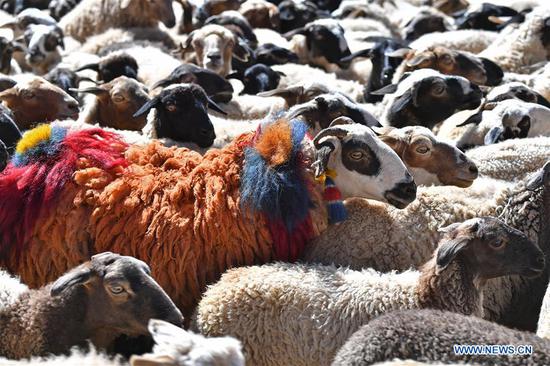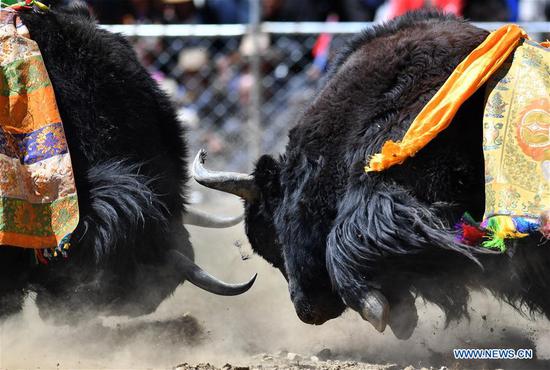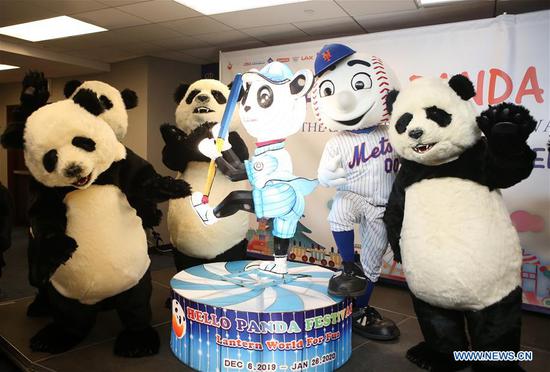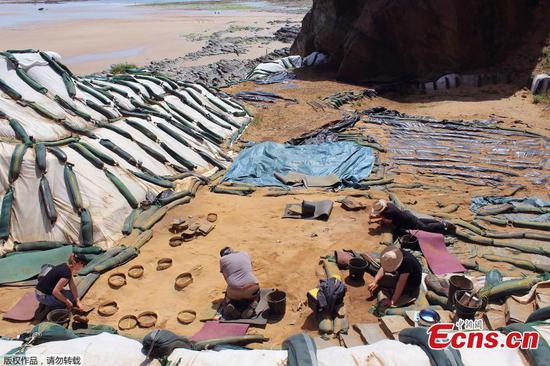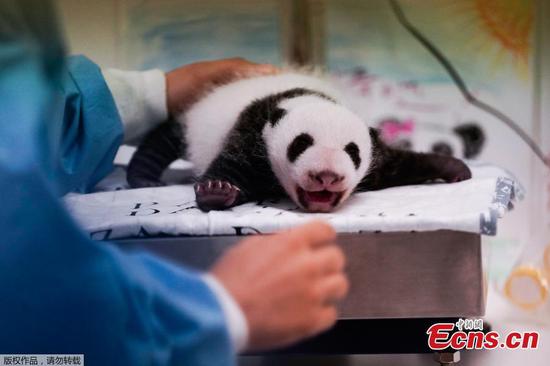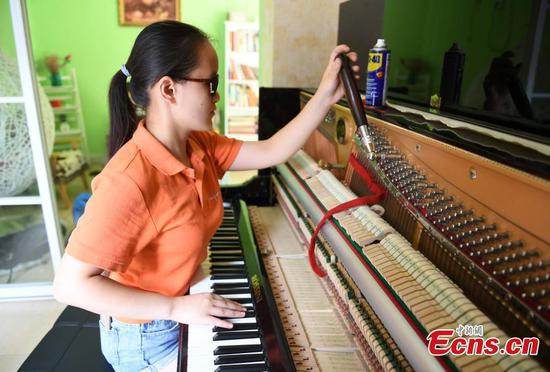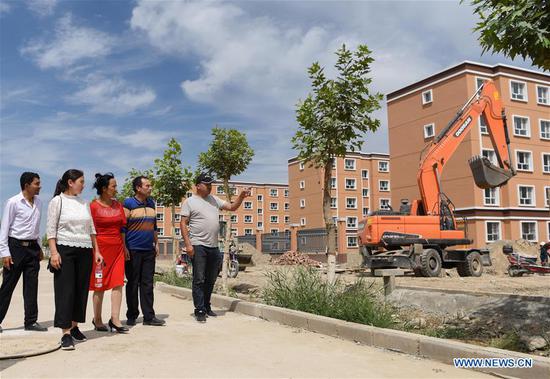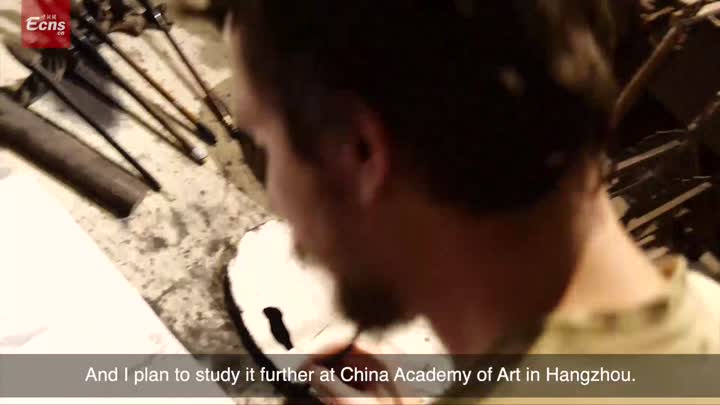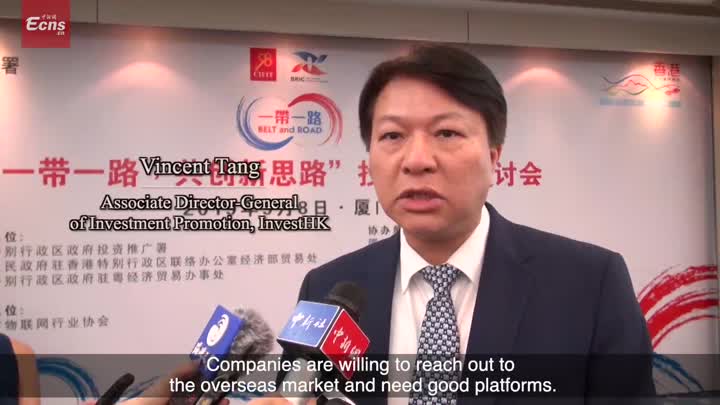Regulators worldwide may recertify the Boeing 737 MAX jet for commercial service at different times, creating a staggered return of the plane and underscoring a lack of trust in the U.S. Federal Aviation Administration (FAA), an industry expert said.
In the past, overseas regulators have generally followed the lead of the FAA and accepted its findings, but that may change after crashes of MAX jets in Indonesia and Ethiopia killed a total of 346 passengers and crew.
Investigators have focused on the MAX's anti-stall device that may have erroneously pointed the nose of the planes down to avoid a mid-air stall and into a fatal plunge.
"The FAA and its oversight by Congress resulted in destroying the reputation built on half a century of certification expertise," James Hall, managing partner of Hall and Associates in Washington and former chairman of the National Transportation Safety Board, told China Daily. "When the FAA failed to ground the aircraft after the first accident or immediately after the second — and everyone in aviation knew that had either accident happened in the U.S., the plane would have been grounded immediately — the FAA forfeited its leadership on aviation issues."
China was the first to ground MAX jets. The U.S. grounded the plane only after regulatory agencies around the world had done so.
Hall has been critical of the FAA's use of manufacturer's employees as part of the process to declare a plane safe. In an opinion article published in The New York Times, he called it a "worrying move toward industry self-certification".
Patrick Ky of the European Union Aviation Safety Agency said the FAA's worldwide reputation is in a "very difficult situation".
"It's likely that international authorities will want a second — or third — opinion," he told CNN. "And (that) was not the case one year ago. I think that's going to be a very strong change in the overall worldwide hierarchy or relationship between the different authorities."
Some analysts said technological innovation in contemporary planes has outstripped the ability of regulators to keep up with advancements. They note that the FAA's practice of relying on industry insiders is no different from the U.S. Food and Drug Administration's reliance on experts from the companies it regulates or state bar associations that certify attorneys and take disciplinary action when needed.
"I think it's just concern on the part of some regulatory agencies that withdrew their airworthiness certificates before the FAA did," Robert Mann, president of RW Mann and Co in Port Washington, New York, told China Daily.
"It shows their comfort level is different from the FAA's comfort level. I don't see it as anything other than having a different point of view on how the aircraft is tested for recertification and how pilot training ought to be handled. For example, should regulators require use of flight simulators or is computer training enough?"
The FAA said review of the software update continues for the MAX jet's Maneuvering Characteristics Augmentation System (MCAS), the anti-stall system implicated in the two crashes.
"The FAA has a transparent and collaborative relationship with other civil aviation authorities as we continue our review of changes to software on the Boeing 737 MAX," the agency said in a statement. "Our first priority is safety, and we have set no time frame for when the work will be completed."
In a statement given to China Daily on Tuesday, Boeing said it's working "diligently with the FAA and global regulators to support the safe return to service of the MAX".
Boeing believes the MAX will be certified to return to commercial service in the fourth quarter.










